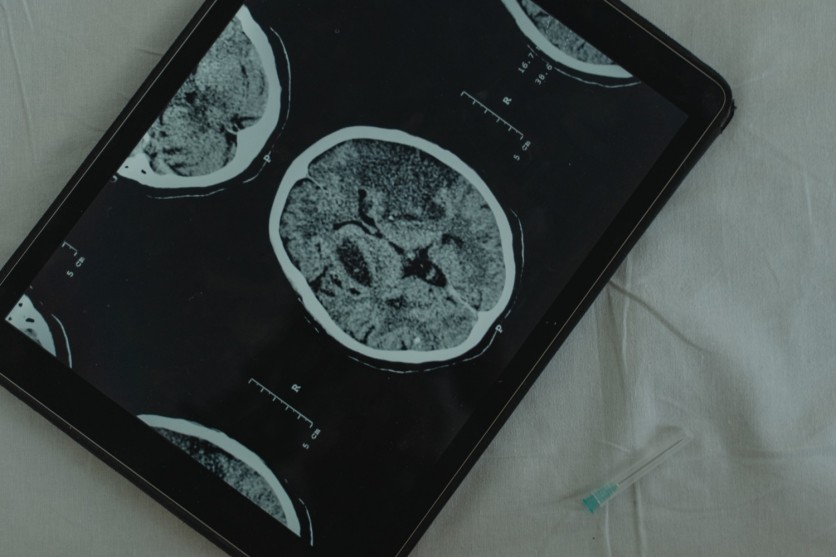AI is proving to be a valuable ally in colonoscopy procedures, serving as an 'extra pair of eyes' to enhance tumor detection.

Emerging as Game-Changer in Tumor Detection
A recent study by the Chinese University of Hong Kong's medical faculty highlights the potential of artificial intelligence (AI) to aid less experienced doctors in identifying adenomas, particularly those smaller than five millimeters in diameter.
Interesting Engineering reported that the developed AI tool demonstrates effectiveness in detecting these smaller growths which might evade notice during traditional examinations.
Assistant Professor of Medicine and Therapeutics Dr. Louis Lau Ho-Shing emphasizes the significance of the AI tool in identifying growths that could progress to colon cancer if overlooked, describing the AI tool as an "extra pair of eyes.
Along with Ho-Shing, the researchers note that the AI tool excels at spotting smaller growths that may be missed by human observation, potentially addressing the challenge of a 'miss rate' in detecting these lesions.
The hope is that integrating AI into colonoscopy procedures will contribute to a more comprehensive and accurate screening process, reducing the likelihood of overlooking critical indicators of colon cancer.
In 2021, the medical faculty at the university initiated the incorporation of AI into colonoscopies, with research spanning from April 2021 to July 2022.
Aiding Less-Experienced Doctors in Identifying Adenomas
The primary objective of integrating AI into colonoscopies is to diminish the "miss rate" associated with spotting lesions, specifically adenomas, as missing them could lead to cancer progression. The AI tool enhances tumor detection rates, particularly benefiting less experienced medical professionals.
Traditional colonoscopies demand a significant level of multitasking, as described by Ho-shing. According to the MD Anderson Cancer Center, the conventional procedure involves using a flexible tube to insert a tiny camera into the patient's colon through the rectum for a routine colonoscopy.
Ho-Shing emphasized the potential risks faced by fatigued or less experienced doctors in missing smaller lesions during colonoscopies, highlighting the consequential possibility of their progression to cancer in the future.
In summary, the South China Morning Post reported that the AI tool proves beneficial for junior doctors during colonoscopies by scrutinizing endoscope video footage and identifying potential tumors, with a specific focus on detecting adenomas, especially those smaller than five millimeters in diameter.
Moreover, the medical faculty has introduced an AI-based platform, AI-Endo, designed to assist in the training of doctors for early-stage gastrointestinal cancer surgery. Leveraging surgical statistics, AI-Endo aids doctors in predicting surgical steps in real-time, to reduce the learning curve for less experienced surgeons.
The AI detection tool has been procured by public hospitals in Hong Kong without established governing guidelines, according to Ho-Shing, who expressed hopes that the study's results would catalyze wider adoption of the AI tool.
Related Article : Google Develops AI-Powered 'Augmented Reality Microscope' to Detect Cancer Cells Faster

ⓒ 2026 TECHTIMES.com All rights reserved. Do not reproduce without permission.




